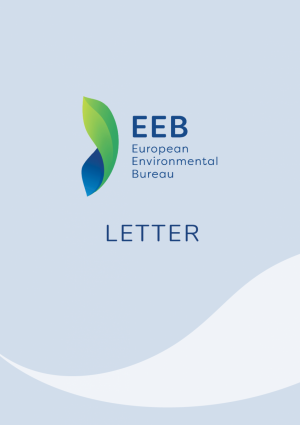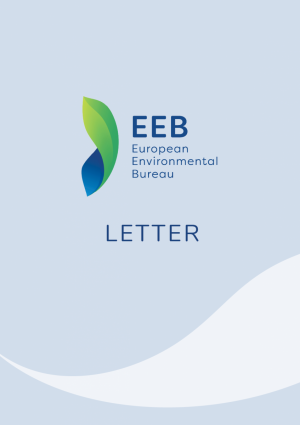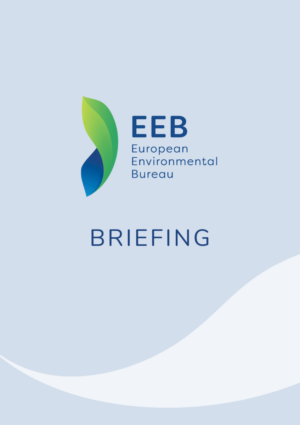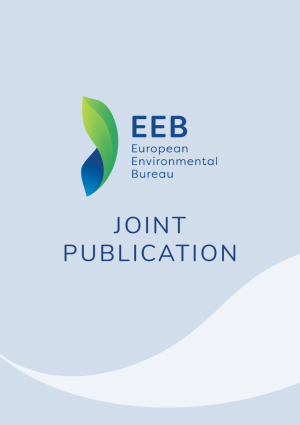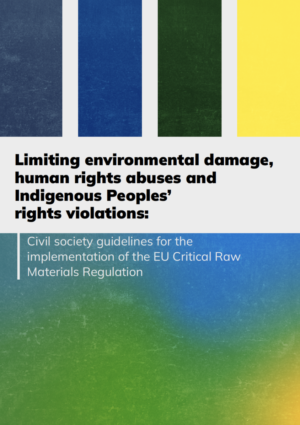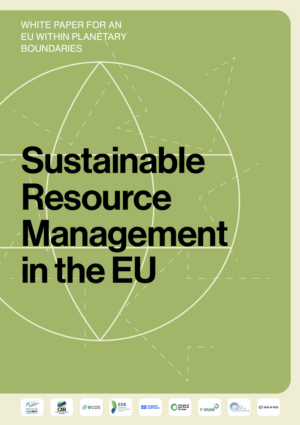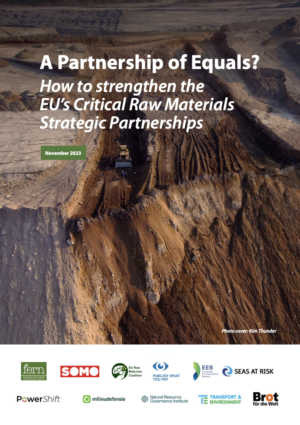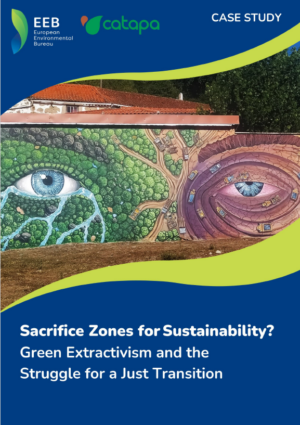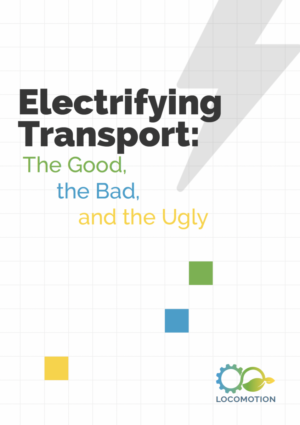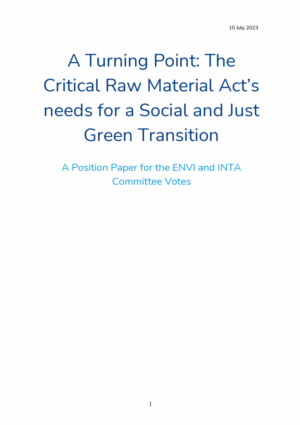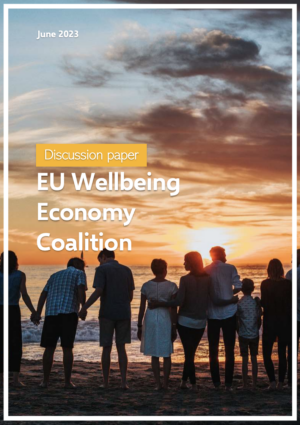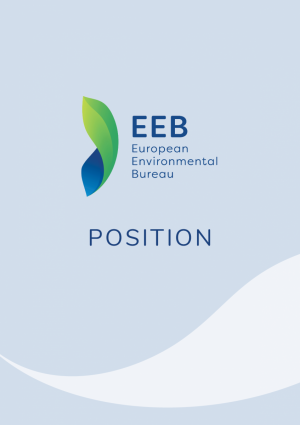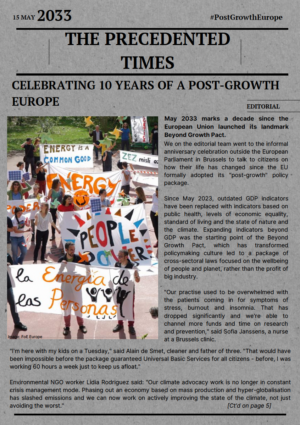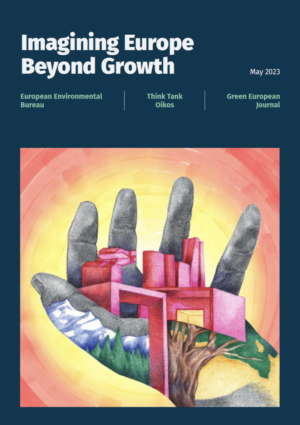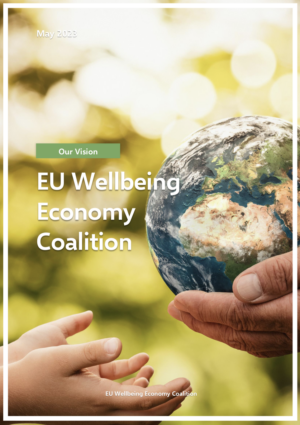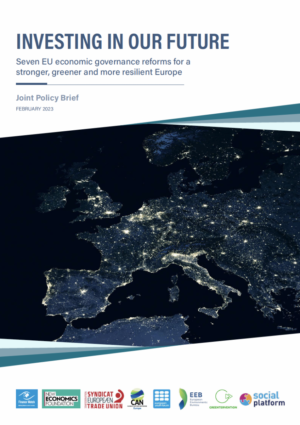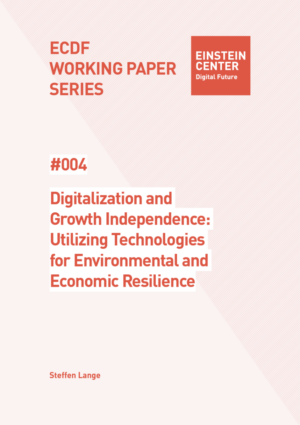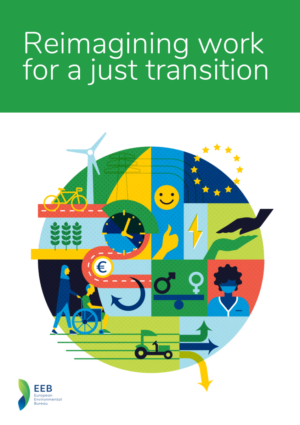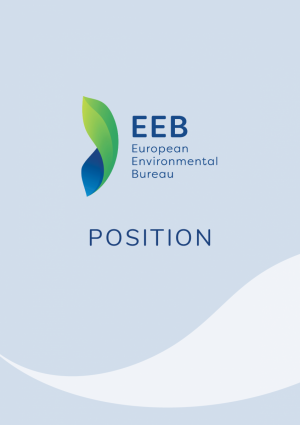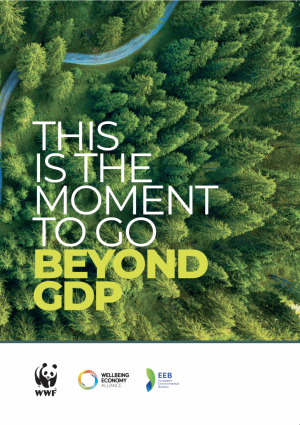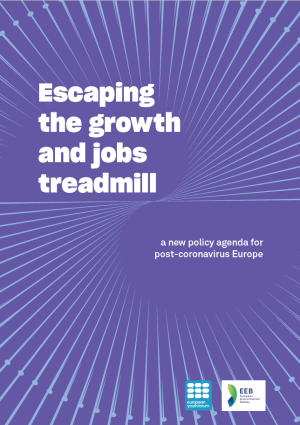Resource Justice embraces the need for environmental and social justice in the management of Earth’s resources. The products we all use and consume on a daily basis get to us through a system of extraction, processing and trade models that challenge planetary boundaries, with damaging impacts on local environments, communities, and the climate. The continuous expansion of our economic system is increasing the demand for metals and minerals across the globe, and so are the green and digital transitions bound to decarbonise our societies. Where and how these materials are mined, and what and who they impact are political decisions. We must ensure that the extraction, production and consumption of resources occur in an equitable and just way.
The EEB’s resource justice work focuses on how resources are extracted, what environmental and social standards are applied, and how the benefits of these resources are distributed. Historically, resource extraction and exportation from Latin America, Africa and Asia has been a model for syphoning off wealth from those regions towards Europe and Northern America. Today, with economic expansion, the push towards strategic autonomy, and the green and digital transitions on the way, history is repeating itself, both on a global and on a European scale.
To reduce environmental impacts and the environmental conflicts linked with the economic growth obsession, the EEB advocates for a binding target to reduce raw materials consumption at the EU level, because energy, greenhouse gas emissions and materials use are tightly linked. While carbon emission reduction targets exist for climate policies, only a few countries include targets for raw materials. Circular economy strategies focusing largely on recycling and efficiency are not enough: instead, we need to move toward circular societies where sufficiency is the primary goal. This can be done through a framework of a rational use of resources, to build societies that need less resource extraction and less energy to fulfil social needs.
Secondly, the EU’s raw materials policies are founded on calls to increase mining operations which contradict existing biodiversity protection goals and risk environmental and social impacts with improper or nonexistent Environmental Impact Assessments (EIAs). To combat the lack of democratic decision-making on the ground, the EEB demands enabling tools for communities to have a Free Prior and Informed Consent for extraction of resources within their vicinity, as well as a Right To Say No. As the EU continues to secure its access to raw materials, we advocate for the participation of civil society, the inclusion of transparency across the board, the safeguarding of environmental protection and the rights of local communities.
Action against climate change is linked with action to distribute, share and reduce overconsumption of the Earth’s resources to create a better future where people and nature can thrive together.
KEY MILESTONES
Monitoring and engagement with DG Grow on Raw Materials Policy
Release of Green Mining is a Myth Report
Advocacy effort on policy files (e.g.: batteries and corporate due diligence) with affected communities representatives from Peru, Guatemala, and Russia
Leading the creation of a Raw Materials Civil Society Coalition
Research on green mining, green extractivism and resource cap.
Research on the rational use of resources

